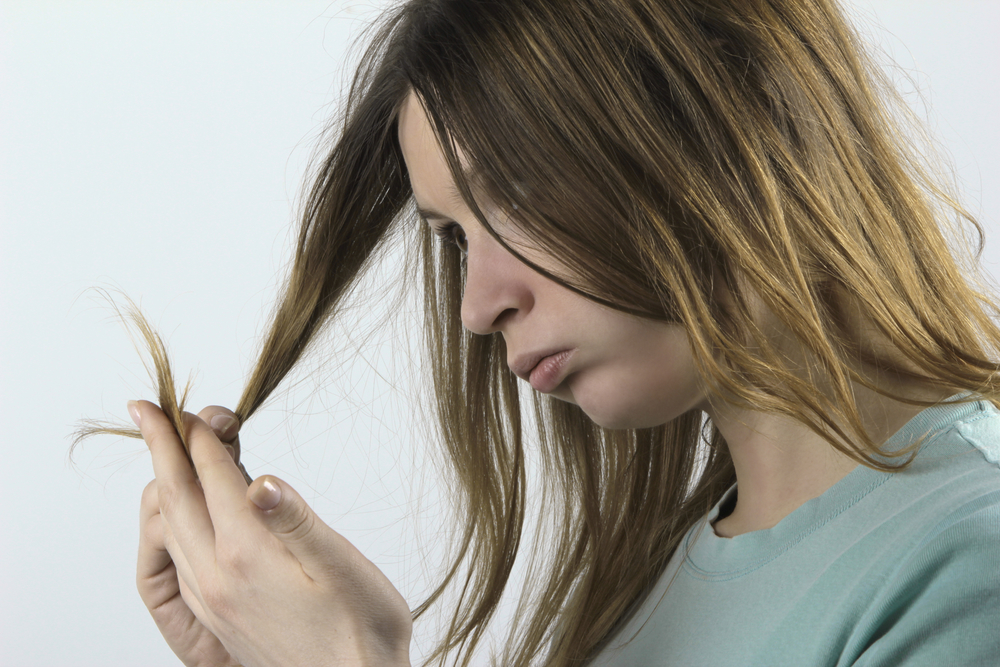Those who have a private well for water are familiar with the smell of sulfur, or rotten eggs. If you have city water you may sometimes get a hint of the chlorine that is used to clean the water of contaminants, but what about the things you cannot smell in the water?
As many as 27 Ohio local systems show a warning on the Ohio EPA site that states: “Children under nine should be provided with alternative sources of drinking water or water that have been treated to remove fluoride.” There are also 7 systems that list arsenic as a possible concern, and 6 for fecal coliform or E. coli.
While the concerns do not affect every household it stands to reason that at one time or another there are chemicals and possible contaminants entering your family home and the people in it that you would not be thrilled to know about.
Every community system does their best to use the resources available to them to filter out things that are unwanted without adding other chemicals that might also pose a problem. Even while they may clean the water thoroughly that comes to your home, there may still be an issue of the water that comes from the street through the pipes leading to your home that is not regulated.
Chlorine and other byproducts
Cities use chlorine to reduce bacteria. Some of these disinfectants can react with other contaminants in your water to form byproducts that can be absorbed by the skin when showering and bathing.
Bacteria and viruses
While cities use chemical disinfectants to control dangerous bacteria, viruses, and cysts, they can still contaminate your home’s water supply without warning. Since many of them are tasteless or odorless you may not know without testing your home tap water.
Hard water
Hard water can cause scale build-up that increases energy usage for your appliances and adds to repair and replacement costs. It also can bring costly damage to water heaters, dishwasher, washing machines, and ice makers. It can also reduce the water flow throughout your home which may lead to longer showers for lack of pressure, which costs more money.
Hair and Skin
Hard water leads to brittle, dry unmanageable hair that requires extra time in the salon and extra money to buy special treatments to restore hair to it’s desired beauty, before having to do it all over again because of consistently hard water. Skin can be dry and flaky from hard water that brings discomfort and results in more money being spent on soaps and lotions to treat the issue.
Please request a free evaluation if you would like to know what specifically is in your home’s water and what you can do to condition the water. The tests will include results for iron, sulfur, pH, chlorine and total dissolved solids (TDS). Once tested a water specialist will be able to work with you to determine the best system for you and your family.


